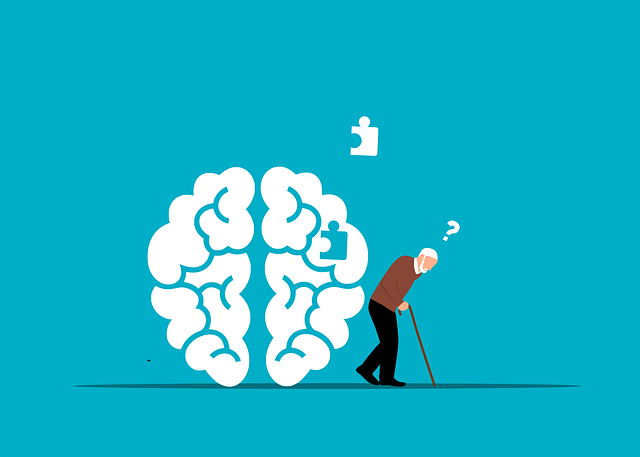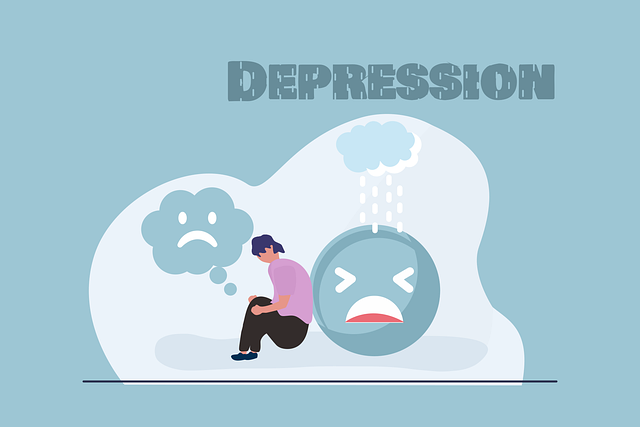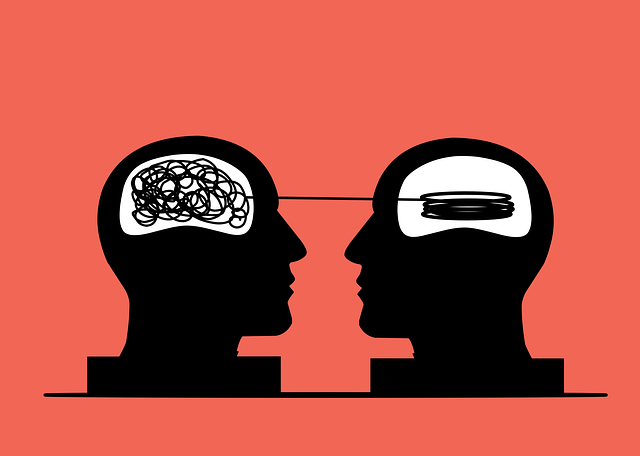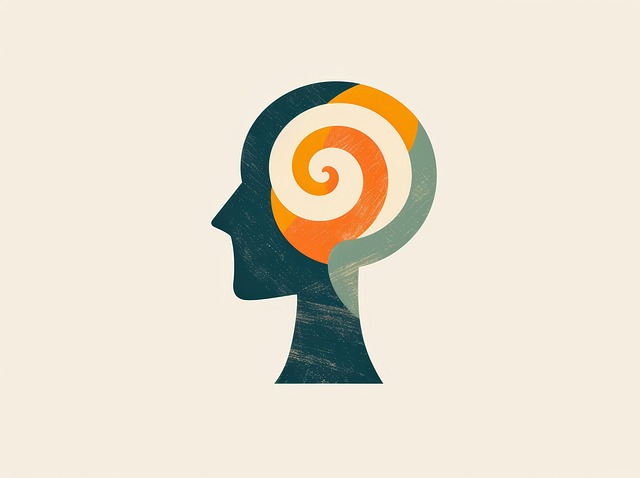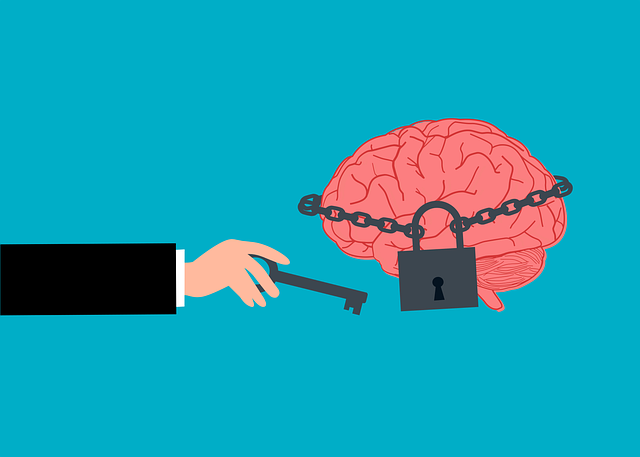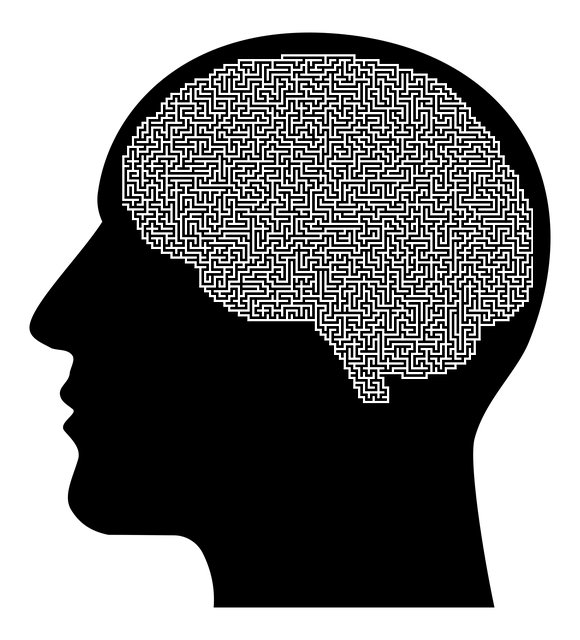Cultural sensitivity is crucial for effective mental healthcare, especially for diverse communities like Lafayette Abuse Survivors. Lafayette Abuse Survivors Therapy (LAST) pioneered this approach by offering tailored support that acknowledges cultural challenges and promotes healing through self-awareness exercises and supportive spaces. By integrating culturally relevant interventions and actively listening to clients, therapists build trust, adapt their methods, and enhance treatment outcomes, ensuring ethical and respectful care for all backgrounds.
Cultural sensitivity is a cornerstone in delivering effective mental healthcare, especially when serving diverse communities. This article explores the significance of cultural sensitivity and its impact on therapeutic outcomes, using Lafayette Abuse Survivors Therapy as a case study to highlight successful cultural competence initiatives. We’ll delve into key considerations for therapists practicing culturally sensitive approaches, offering strategies to integrate this vital aspect into clinical practice, ultimately enhancing patient care.
- Understanding Cultural Sensitivity: Why It Matters in Mental Healthcare
- Lafayette Abuse Survivors Therapy: A Case Study on Cultural Competence
- Key Considerations for Practicing Culturally Sensitive Therapy
- Strategies for Integrating Cultural Sensitivity into Clinical Practice
Understanding Cultural Sensitivity: Why It Matters in Mental Healthcare

Cultural sensitivity is a cornerstone in mental healthcare practice, especially when working with diverse communities like Lafayette Abuse Survivors. It involves recognizing and appreciating the unique cultural beliefs, values, and practices that shape individuals’ lives. In the context of therapy, understanding these nuances is vital to ensuring effective treatment and building trust between therapists and clients from different backgrounds.
When mental health professionals exhibit cultural sensitivity, they create a safe and supportive environment, fostering open communication. This awareness enables them to adapt their approaches, offering tailored interventions that address not just symptoms but also the broader cultural context. For instance, it can involve incorporating cultural elements into therapy sessions for depression prevention or resilience building, as seen in various inner strength development programs. Such an inclusive practice promotes better outcomes and helps individuals heal while respecting their cultural identities.
Lafayette Abuse Survivors Therapy: A Case Study on Cultural Competence

Lafayette Abuse Survivors Therapy (LAST) is a remarkable initiative that showcases the power of cultural sensitivity in mental healthcare. This therapy program specifically caters to survivors of abuse, recognizing the unique challenges they face within diverse cultural contexts. By incorporating tailored approaches and self-awareness exercises, LAST aims to empower individuals to heal and build inner strength. The therapy sessions are designed to create safe spaces where participants can share their experiences, fostering a sense of community and understanding.
Through its comprehensive curriculum, LAST promotes mental health awareness by addressing the specific cultural needs of abuse survivors. By engaging in these therapeutic practices, clients develop valuable coping mechanisms while exploring their identities. This case study exemplifies how culturally competent care can revolutionize support systems, ensuring that every individual receives respectful and effective treatment, regardless of their background.
Key Considerations for Practicing Culturally Sensitive Therapy

In the realm of mental healthcare, cultural sensitivity is paramount, especially when working with diverse populations like Lafayette abuse survivors. Key considerations for practicing culturally sensitive therapy include a deep understanding and appreciation of the client’s background, beliefs, and values. Therapists must be adept at navigating the intricate web of cultural norms, customs, and traditions to ensure their approach aligns with the individual’s unique perspective. This involves active listening, open-mindedness, and a willingness to adapt therapeutic techniques accordingly.
Effective communication strategies are pivotal in fostering trust and building rapport. Mental health professionals must learn to convey information in clear, inclusive language, avoiding jargon or assumptions that may alienate the client. Moreover, integrating culturally relevant resources and interventions can significantly enhance treatment outcomes. For instance, incorporating traditional healing practices or community support networks tailored to specific cultural groups can facilitate depression prevention and mitigate risks among Lafayette abuse survivors. Additionally, rigorous risk assessment for mental health professionals is essential to ensure ethical practice and protect vulnerable clients.
Strategies for Integrating Cultural Sensitivity into Clinical Practice

Integrating cultural sensitivity into clinical practice involves a multifaceted approach designed to create inclusive and effective therapy environments. Mental healthcare professionals should start by actively listening to and understanding their clients’ backgrounds, beliefs, and experiences. This foundational step fosters trust and opens avenues for deeper exploration of issues. Incorporating culturally relevant interventions, such as those tailored by Lafayette Abuse Survivors Therapy, can significantly enhance therapeutic outcomes. These strategies focus on building the client’s inner strength development and promoting positive thinking by recognizing and valuing their unique cultural perspectives.
Additionally, providing mental health education programs that are thoughtfully designed to cater to diverse populations is crucial. These programs go beyond general knowledge dissemination to offer culturally sensitive coping mechanisms and resilience-building techniques. By combining these strategies, therapists can create safe spaces where clients feel seen, heard, and respected, ultimately facilitating more meaningful and successful therapeutic journeys. This approach aligns with the broader goals of positive thinking and mental health education programs design, ensuring that care is accessible and impactful for all individuals, regardless of their cultural backgrounds.
Cultural sensitivity in mental healthcare is not just a preference, but an imperative. As evidenced by the case study of Lafayette Abuse Survivors Therapy, understanding and respecting cultural nuances can significantly enhance therapeutic outcomes for diverse populations. By incorporating key considerations and strategies discussed, mental health professionals can create inclusive environments that foster healing and growth. This approach ensures that all individuals receive care tailored to their unique backgrounds, ultimately promoting better mental well-being in a diverse society.

